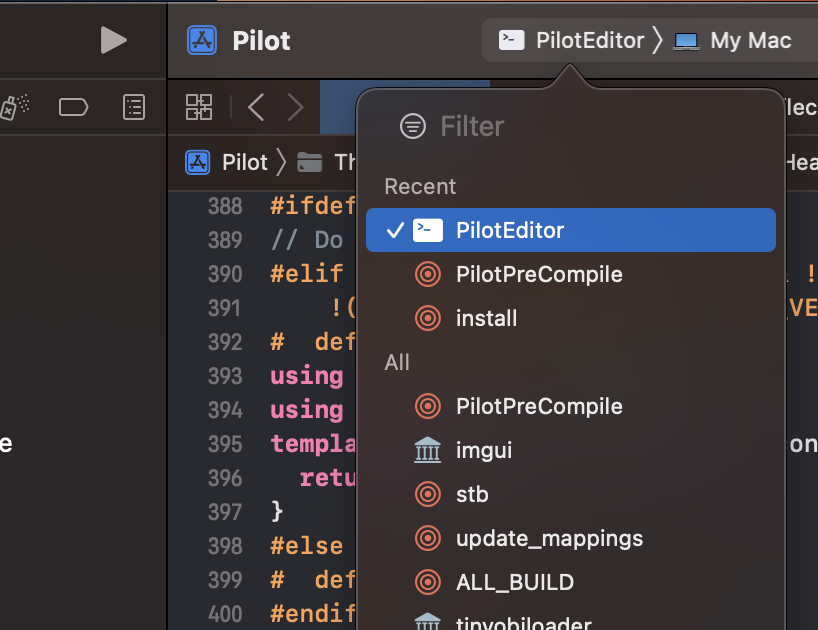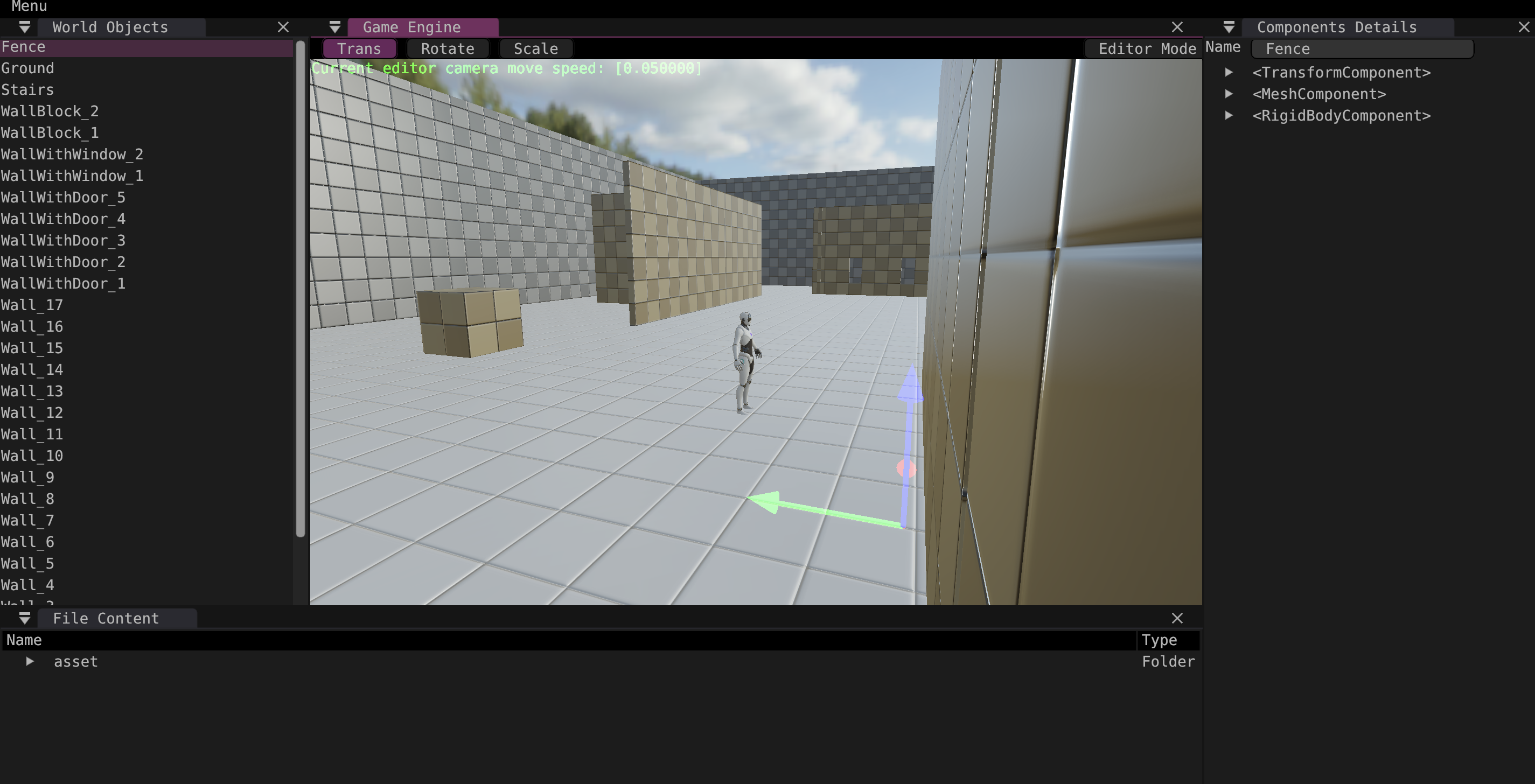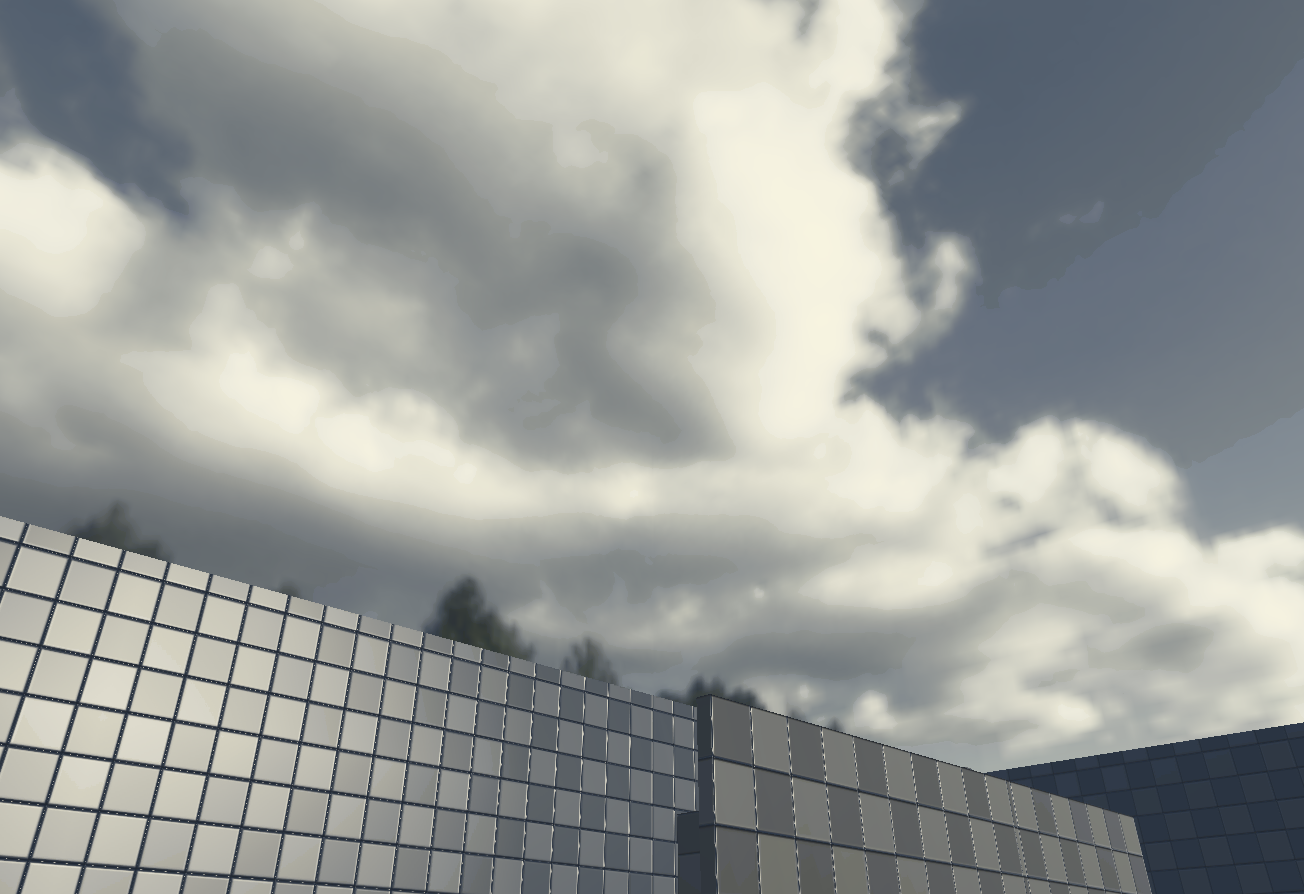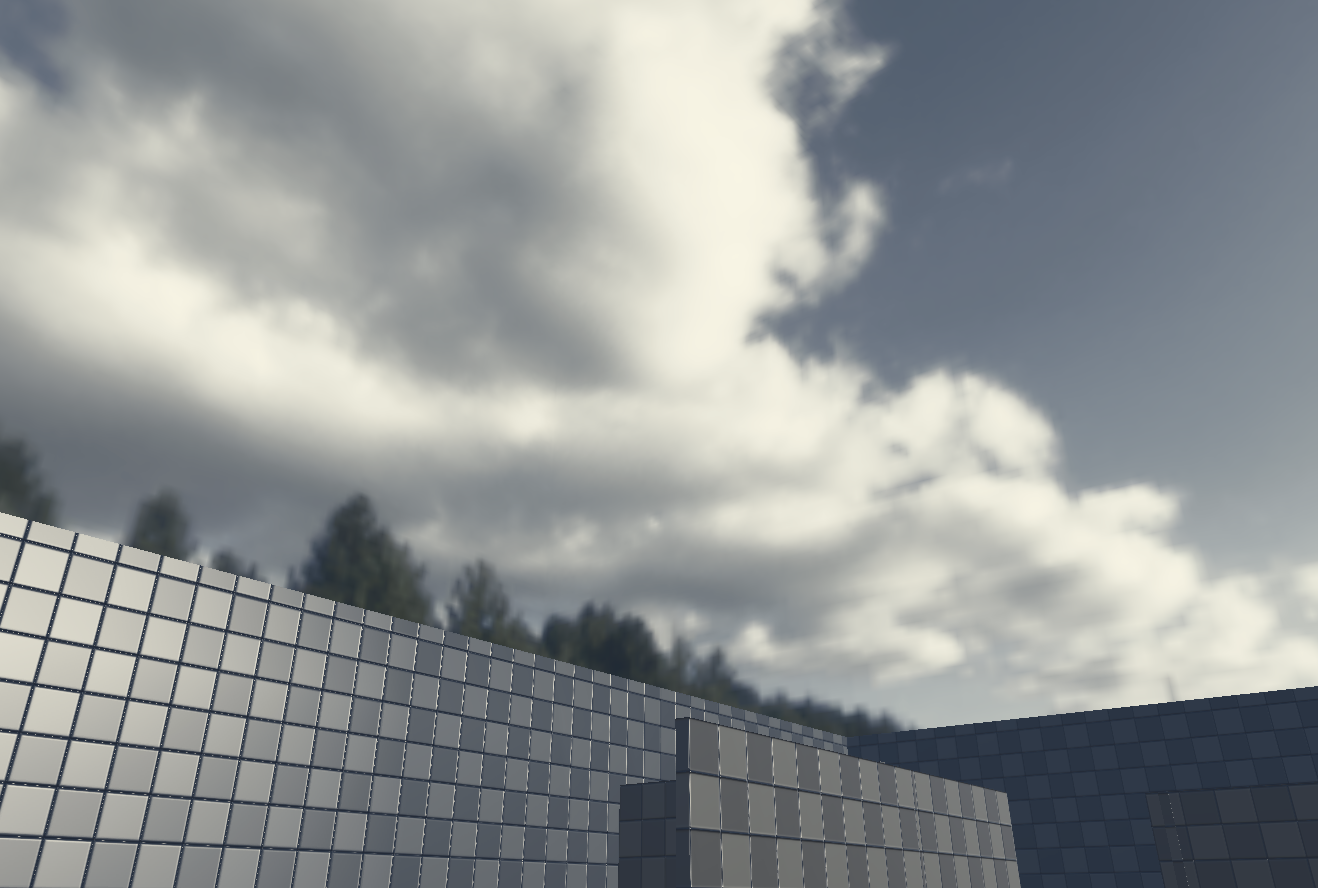Modern Game Engine Assignment
Install Piccolo Game Engine
GitHub Repo for Piccolo Game Engine
Firstly, Following the instructions to set up the project for the device platform.
In my case, I am using a MacBook Air M1. Everything is supposed to be fine when running
cmake -S . -B build -G "Xcode"
However, my case report CMake error for no CMAKE_C_COMPILER and CMAKE_CXX_COMPILER. Command sudo xcode-select --reset is not working here. To solve it, I needed to first run
xcrun -find c++
xcrun -find cc
Then, run
cmake -D CMAKE_C_COMPILER="/path/to/your/c/compiler/executable" -D CMAKE_CXX_COMPILER="/path/to/your/cpp/compiler/executable" -S . -B build -G "Xcode"
Now, the project is ready to be open in Xcode. Here, there are also two settings one should pay attention:
- Set the default C++ complier to be C++17 since this project utilized some new features.

- Set the PiccoloEditor project as the Startup project for building.

Now, the editor should looks like:

Color Grading
In pilot/engine/shader/glsl/color_grading.frag, my first version of implementation is
layout(input_attachment_index = 0, set = 0, binding = 0) uniform highp subpassInput in_color;
layout(set = 0, binding = 1) uniform sampler2D color_grading_lut_texture_sampler;
layout(location = 0) out highp vec4 out_color;
void main()
{
highp ivec2 lut_tex_size = textureSize(color_grading_lut_texture_sampler, 0);
highp float _COLORS = float(lut_tex_size.y);
highp vec4 color = subpassLoad(in_color).rgba;
highp float cell = floor(color.b * 15.0); // len, 15 currently
highp float x_half = 0.5 / 256.0; // read from center 0.5/width
highp float y_half = 0.5 / 16.0; // read from center 0.5/height
highp vec2 uv = vec2(
x_half + color.r / _COLORS * (15.0 / _COLORS) + cell / _COLORS,
y_half + color.g * (15.0 / _COLORS));
highp vec4 color_sampled = texture(color_grading_lut_texture_sampler, uv);
out_color = color_sampled;
}
The result looks like

However, this is method did not interpolate the color between blue channel. To achieve this, we do another interpolation between both ceil and floor cells.
layout(input_attachment_index = 0, set = 0, binding = 0) uniform highp subpassInput in_color;
layout(set = 0, binding = 1) uniform sampler2D color_grading_lut_texture_sampler;
layout(location = 0) out highp vec4 out_color;
void main()
{
highp ivec2 lut_tex_size = textureSize(color_grading_lut_texture_sampler, 0);
highp float _COLORS = float(lut_tex_size.y);
highp vec4 color = subpassLoad(in_color).rgba;
highp float cell = color.b * 15.0; // for interpoation
highp float cell_l = floor(color.b * 15.0); // len, 15 currently
highp float cell_r = ceil(color.b * 15.0);
highp float x_half = 0.5 / 256.0; // read from center 0.5/width
highp float y_half = 0.5 / 16.0; // read from center 0.5/height
highp vec2 uv_l = vec2(
x_half + color.r / _COLORS * (15.0 / _COLORS) + cell_l / _COLORS,
y_half + color.g * (15.0 / _COLORS));
highp vec2 uv_r = vec2(
x_half + color.r / _COLORS * (15.0 / _COLORS) + cell_r / _COLORS,
y_half + color.g * (15.0 / _COLORS));
highp vec4 color_l = texture(color_grading_lut_texture_sampler, uv_l);
highp vec4 color_r = texture(color_grading_lut_texture_sampler, uv_r);
highp vec4 mid_color = mix(color_l, color_r, fract(cell));
out_color = mid_color;
}
The result now looks like:

The difference in the cloud is noticeable. The interpolation makes it more natural and smooth.